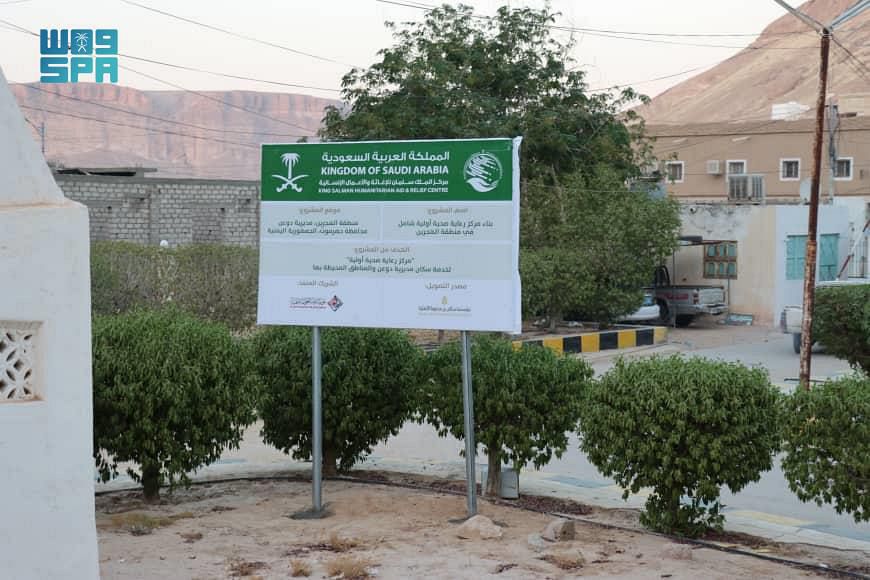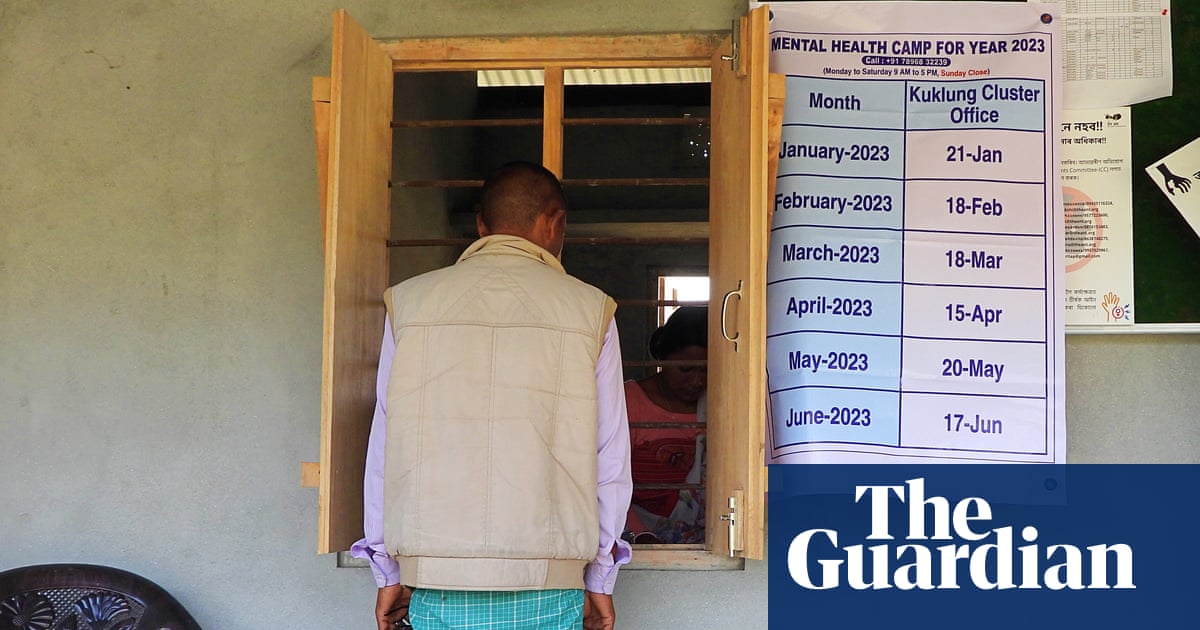
Ratnaboli Ray regards one of the lowest points of her life as a breakthrough. After years in an arranged marriage in which she felt stifled and trapped, her mental health took a catastrophic turn in 1997, when she was in her mid-30s.
“I was feeling very caged, I was not able to express myself,” she says, from her home in West Bengal, India. She describes the psychological symptoms as like a pressure cooker bursting. “I used to get angry, have weeping spells. I was neglectful of my young son.”
Ray, a trained psychologist, was working in a private mental health facility run by an NGO in West Bengal at the time, so she recognised what was happening to her. She was diagnosed with a severe mood disorder, underwent therapy and was prescribed medication, which she still uses. After about a year and a half of treatment, her condition was more stable.
Although the deterioration of Ray’s mental health meant she had to resign from her job, it also empowered her and set her on a different path. “I acknowledged my fragility and vulnerability, and it gave me a power to speak to the authorities, whether that was my in-laws or the government. I learned to speak up, and that is why it was a breakthrough and not a breakdown.”
In her previous role, she had seen some of what patients experienced in government-run mental health facilities, where care was much worse than the kind she received in a private facility, and decided she wanted to do something about it.
“I thought we had to do something that was different from setting up isolated institutions, which were like islands,” she says. “I had this idea of entering a public mental health hospital and bringing systemic change.”
Conditions in public mental health hospitals at the time were “terrible”, she remembers. “Women were overdrugged, nobody could go home. The wards were dingy. The conditions were abysmal. Care was very poor,” she says. “The nursing staff were reminiscent of those in One Flew Over the Cuckoo’s Nest. There were a lot of human rights violations.”
Patients went on hunger strike because the food was so bad, it was normal for them to be completely naked and have lice, indicative of the filthy conditions. Shackling patients to restrain them was commonplace, as were seclusion cells where patients were locked up in solitary isolation when they were thought to be dangerous.
Ray believes conditions were worse for women than for men. Little research has been done on the prevalence of mental health problems or facilities in West Bengal, but in 2016 the National Mental Health Survey of India said 13% of the state’s population were living with conditions such as anxiety, stress and schizophrenia, while research from 2019 found women in state psychiatric facilities are more likely than men to stay there for many years. Lancet research, spanning 1990 to 2017, showed a slightly higher rate of depressive disorders and suicide among women than men across India. It concluded this “could be related to gender discrimination, violence, sexual abuse, antenatal and postnatal stress, and adverse socio-cultural norms”.
Ray focused on helping female patients because she was aware of the impact of societal issues and violence against women in India. “As a feminist and human rights activist, suicide is not just a mental health issue. It’s an intersectional issue and has huge social determinants,” she says.
Ray approached the state’s human rights commission, asking to address overcrowding in hospitals. She was given permission to work in Kolkata Pavlov hospital, the largest government mental health hospital in West Bengal, in 2000.
She would arrive every morning at 8am, visit a female ward and collect six women. They would sit on mats outside, sing, chat, create art or play, and Ray would listen to their stories. One patient had been there for three years after leaving her family for her lover, who then abandoned her. She told Ray she wanted to return to her children. Ray helped her, along with more than 20 other women, to go home in her first year of working there. “It was a huge milestone for the government,” she says.
At first, her presence at the hospital was seen as a threat by some. One day, early in her work, Ray says four officers working at the hospital locked her up to try to intimidate her. It wasn’t until six hours later that people heard her cries for help and let her out. However, Ray says that the climate in the hospital has changed and they now have a “mutually respectful partnership”. She still faces threats for her work from elsewhere and often receives anonymous letters filled with sexual insults. In 2019, she was charged with sedition along with other prominent voices in India for writing a letter to the prime minister voicing concerns about mob lynching. Charges were later dropped.
Ray has gone on to work in all the hospitals in West Bengal and, in 2000, founded Anjali, which, as part of its work to modernise treatments and end stigma surrounding mental health, provides skills training to patients to help reintegrate them back into society. This included setting up a launderette in Kolkata Pavlov hospital, which patients are paid to run. There is also a bakery and small canteen on the hospital premises, as well as a block printing studio. There are plans to expand the project to other hospitals.
Ray was born in 1961 into a middle-class and educated family with liberal values. “I grew up listening to the Beatles. I was inspired by the civil rights movement. I was into rock’n’roll. I used to go hiking,” she remembers. She studied for a masters in clinical psychology and entered into an arranged marriage when she was in her early 20s. She and her husband had a son, before the pair separated and then got divorced. She says: “[In West Bengal,] you don’t get married to a person, you marry the entire family. There was a huge amount of pressure. Finally, I realised after getting married that it was a patriarchal setup.”
Throughout her career, Ray, now 60, has worked to shed light on some of the human rights abuses in hospitals. She has successfully lobbied for change in the law, including challenging the use of solitary confinement and electroshock therapy without consent in West Bengal. In 20 years, she has seen conditions improve and that there are now more organisations that advocate for the rights of mental health patients.
But for Ray, there’s still much to do. In a country with a population of more than a billion people, continuing stigma and a paucity of resources dedicated to mental health, change is hard. Ray acknowledges: “I won’t be able to see complete change in my lifetime, because it’s a continuous process.”
In the UK and Ireland, Samaritans can be contacted on 116 123 or email jo@samaritans.org or jo@samaritans.ie. In the US, the National Suicide Prevention Lifeline is at 800-273-8255 or chat for support. You can also text HOME to 741741 to connect with a crisis text line counselor. In Australia, the crisis support service Lifeline is 13 11 14. Other international helplines can be found at www.befrienders.org
In the UK, the charity Mind is available on 0300 123 3393 and Childline on 0800 1111. In the US, Mental Health America is available on 800-273-8255. In Australia, support is available at Beyond Blue on 1300 22 4636, Lifeline on 13 11 14, and at MensLine on 1300 789 978












